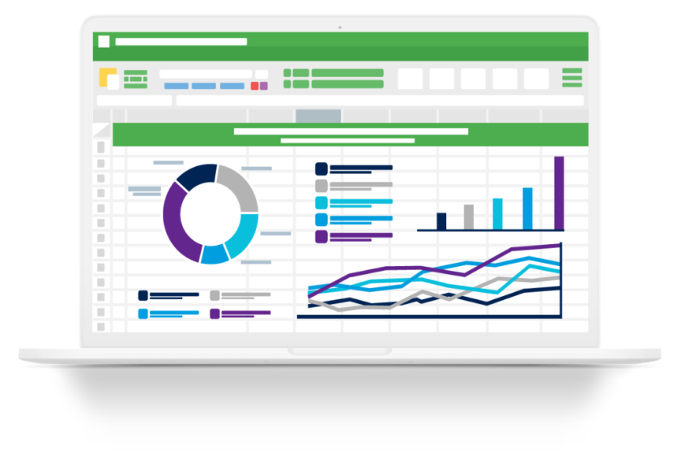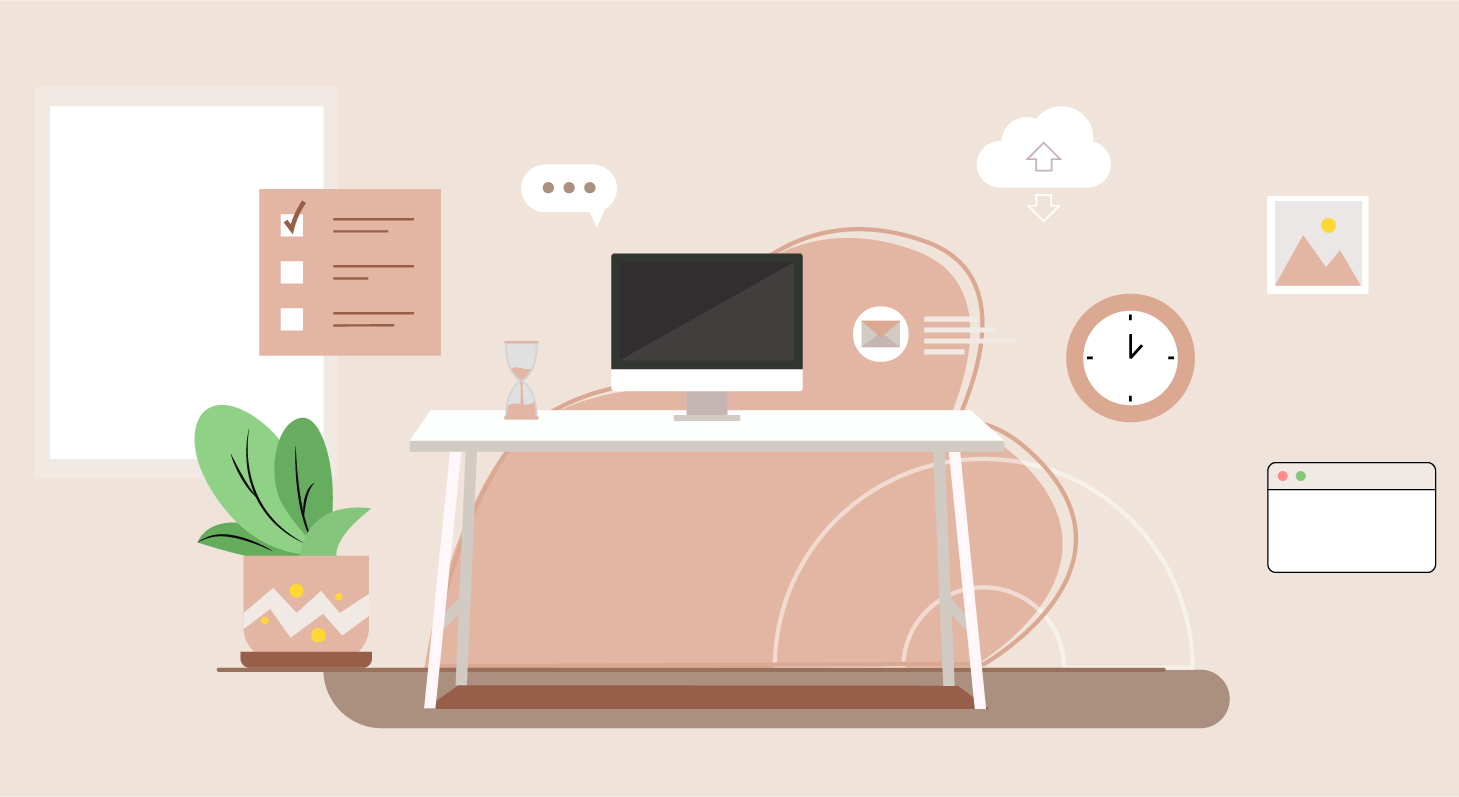It’s OK to figure out murder mysteries, but you shouldn’t need to figure out code.
McConnell, Expert in software engineering and project management
What if I told you that you don’t have to be a programmer or know much about coding in order to develop your own website or app? Would I be deemed a sick bastard for the rest of my life? Not quite so. Nowadays, end-user computing (EUC) has brought about a paradigm shift in our understanding of IT-business.
What is it anyway?
In the strict sense, end-user computing is software usage aiming at performing daily routine at work after it has been developed and become available to business companies or individual consumers. Office clerks, managers and others who use personal computers or corporate networks are end users. The clear example here is an online correspondence between colleagues via message user agent.

The Real Deal
EUC may vary in terms of complexity. In different cases, it may be enough that users just click certain buttons but sometimes, if need be, they can write simple scripts and even modify code. Those fellows are called citizen developers meaning that guys utilize IT-approved technology to create apps and stuff for other folks, whereas they are not IT-professionals at all.
By and large, these people work in an integrated development environment using a visual programming language to create desktop or web application. There is nothing difficult. Simple “drag-and-drop deal” seasoned with editing properties and application logic according to business needs.
The fact that person doesn’t write code at all or do it but it comprises of ready-made functions looks extremely appealing because companies don’t have to hire professionals experienced in apps development who, let’s say, does not work for food. Since all elements to build the apps are ready-to-use, the time spent on the whole process considerably shortens as opposed to if they were developed from scratch.
On the other hand, end users are able to customize everything only to certain extent, which depends on the software restrictions. So either we are in God Mode or shackled by a certain number of functions. If there are no templates to satisfy some complicated business needs, it’s necessary to contact a developer.
“Adapt. Now more than ever.”
Now, one of the most famous EUC things is Microsoft Power Platform. It encompasses Microsoft Power Apps, Flow and Power BI. This is a family of products allowing customers to perform a wide spectrum of activities such as creating websites, web and mobile applications, organizing business logic, automating workflows and generating reports. Users can quickly “sketch” a simple app, link it to any data source and start working.

The big advantage here is any company is able to maintain and customize their systems on their own after Microsoft has provided them with training guides.
Beyond the strict sense
People can operate these platforms both on the job and remotely. To make the latter possible, we have to refer to EUC related technology, to wit: virtual desktop infrastructure (VDI).
This technology refers to a storage of employee’s PC data on a central server, and each employee has a virtual PC. It is convenient for business because there is no important data on the employee’s hard disk drive anymore. A server administrator creates a virtual workspace with a separate program set, documents and accesses that are stored on the data center. Such technology allows one to centrally install new applications, manage updates, connect or delete new users with a few mouse clicks.
A modern form of VDI is Desktops-as-a-Service (DaaS). The main differences is that data is hosted in the cloud, whereas with VDI an organization deploys virtual desktops from its own on-premises data centers.
1,553 views
